In the rich tapestry of Dublin’s music scene, there emerges a figure whose journey through melodies and lyrics resonates with the soul of the city itself. Tony Tyrrell, a name synonymous with musical versatility and lyrical prowess, has embarked on a transcendent odyssey leading to the release of his long-awaited solo album, “Conviction.”
 Tyrrell’s musical pilgrimage has been anything but conventional. Beginning as a virtuoso clarinet player in orchestras, he soon found himself drawn to the magnetic allure of songwriting and the soulful embrace of the saxophone. His tenure with The Afternoons, a folk-rock ensemble that etched its mark with the critically acclaimed album “Homage” in the 1990s, served as a testament to his innate musical acumen.
Tyrrell’s musical pilgrimage has been anything but conventional. Beginning as a virtuoso clarinet player in orchestras, he soon found himself drawn to the magnetic allure of songwriting and the soulful embrace of the saxophone. His tenure with The Afternoons, a folk-rock ensemble that etched its mark with the critically acclaimed album “Homage” in the 1990s, served as a testament to his innate musical acumen.
Yet, Tyrrell’s artistic evolution was far from stagnant. His restless spirit led him to traverse diverse sonic landscapes, exploring myriad approaches and sounds. His self-titled EP served as a harbinger of his solo aspirations, a tantalizing glimpse into the creative depths that lay within.
Now, in the annals of his musical legacy, “Conviction” stands as a testament to Tyrrell’s unwavering dedication and artistic integrity. Recorded amidst the ethereal splendor of Attica Studios in Donegal, under the masterful guidance of engineer/producer Tommy McLaughlin, whose pedigree includes luminaries such as Villagers, SOAK, and Pillow Queens, the album radiates with a luminous brilliance that is both captivating and profound.
Tony Tyrrell’s single “Shining” from his solo album “Conviction” offers a poignant exploration of personal struggle and resilience, set against a backdrop of turmoil and uncertainty. The opening lines, “You tell me you’re sorry, but you don’t let it show / tell me you’re different, I don’t know,” immediately establish a sense of conflict and ambiguity in a relationship. The protagonist grapples with the discrepancy between words and actions, unsure whether to trust the assurances being given.
The imagery of being “drenched in the chaos of a mayday parade” vividly conveys the feeling of being overwhelmed and caught in the midst of turmoil. Despite this chaos, there’s a sense of stagnation, as evidenced by the line, “thinking that nothing has changed.” The symbolism of the pavement cracking and the footing giving way suggests a breakdown in stability and a loss of control.
The chorus introduces the motif of something shining in the distance, juxtaposing the darkness of the verses with a glimmer of hope or clarity. This contrast between darkness and light serves as a central theme throughout the song, symbolizing the struggle to find clarity and resolution amidst confusion and strife.
The second verse delves deeper into the dynamics of the relationship, with the song’s protagonist questioning the sincerity of platitudes and expressions of superiority. The shattered glass scattered throughout the protagonist’s space serves as a metaphor for the emotional wreckage left behind, emphasizing the difficulty of moving forward when reminders of past pain linger.
As the song progresses, the protagonist grapples with the aftermath of the relationship’s end, questioning the inevitability of endings and the possibility of redemption. The repetition of “if only, if only” highlights a sense of longing and regret, suggesting a desire for things to have turned out differently.
Overall, “Shining” is a compelling exploration of personal struggle, resilience, and the search for clarity amidst darkness. Tony Tyrrell’s emotive vocals and evocative lyrics combine to create a powerful and introspective listening experience. The song’s dynamic shifts between darkness and light mirror the complexities of human emotions, resonating with listeners on a visceral level.
OFFICIAL LINKS: https://www.tonytyrrellmusic.com





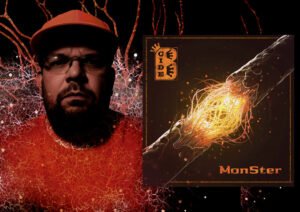

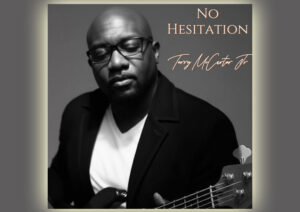


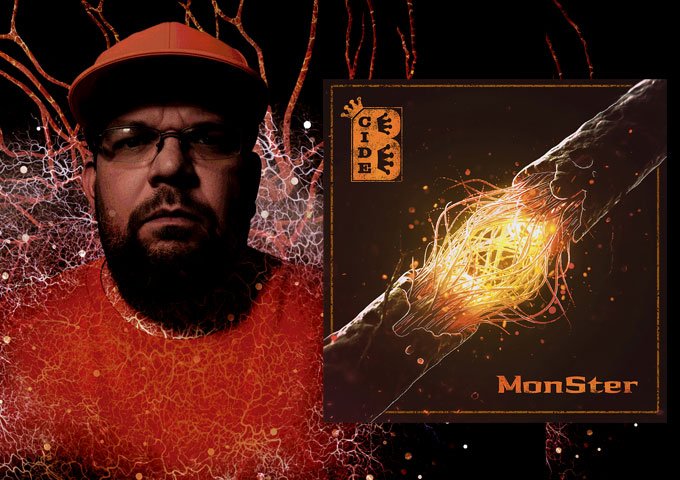

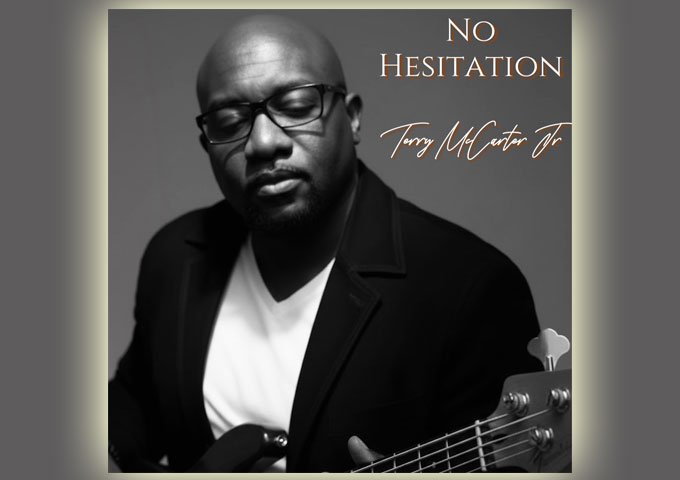
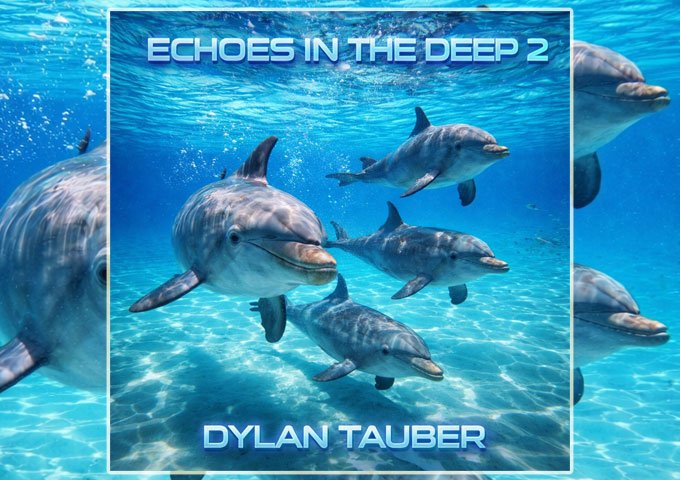

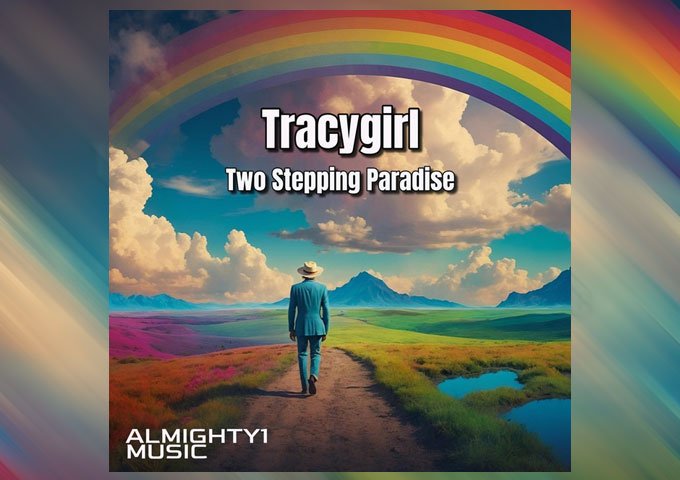


+ There are no comments
Add yours